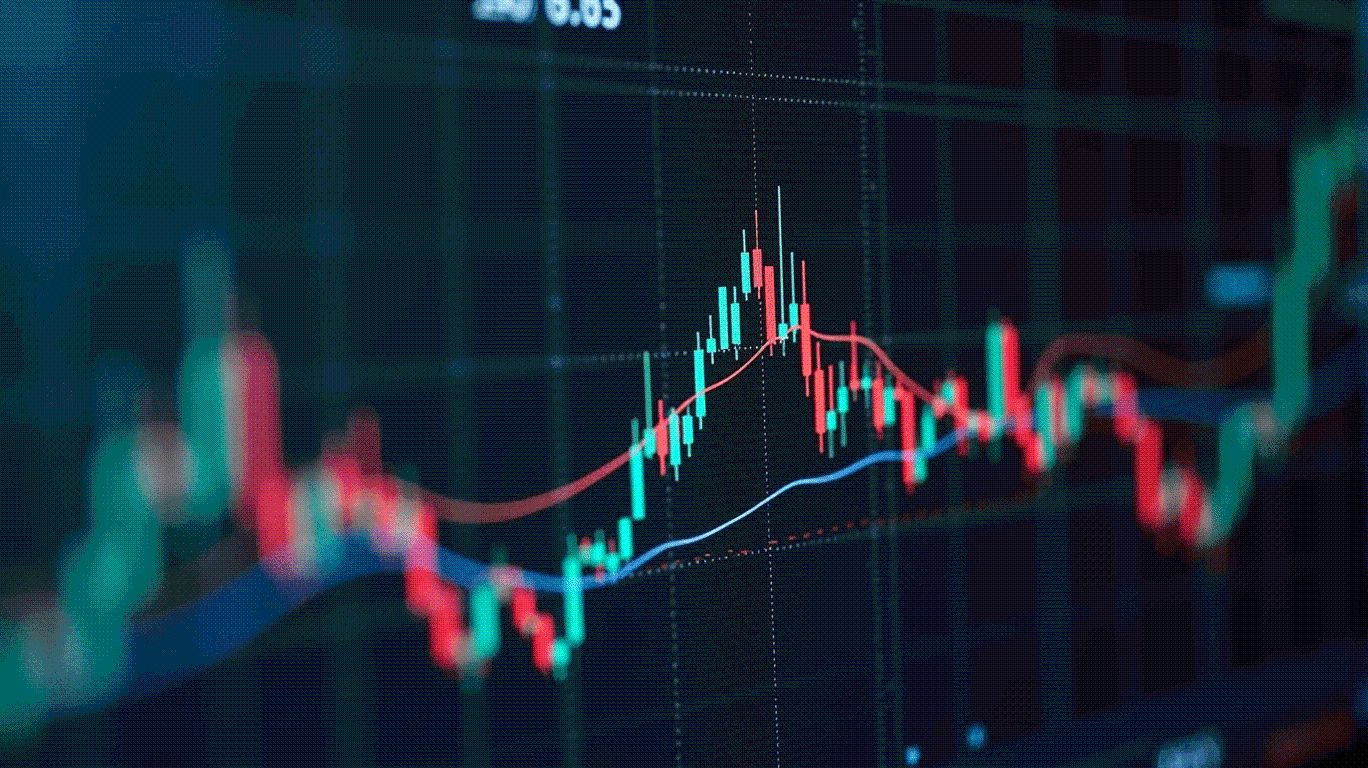UAE Identified As Major Bitcoin Holder Through Citadel Mining
- Arkham identifies UAE’s $740M Bitcoin holdings through mining.
- Strategic state-led mining operation revealed in Abu Dhabi.
- Fourth-largest government Bitcoin holding disclosed.
Arkham Intelligence has identified Bitcoin addresses linked to the UAE government, revealing $740 million in BTC holdings acquired through mining by the Citadel firm, substantially owned by the Abu Dhabi royal family.
This significant state-led mining investment positions the UAE as the fourth-largest government entity in Bitcoin holdings, affecting global cryptocurrency markets without notable immediate reactions.
UAE’s Bitcoin Holdings Revealed
Arkham Intelligence has identified Bitcoin addresses linked to the UAE, holding $740 million in BTC. These holdings were primarily acquired through Citadel Mining , a UAE-based firm linked to the Abu Dhabi royal family.
Arkham Intelligence, Blockchain Analysis Firm: “For the first time, we’ve tagged the Bitcoin addresses that link back to the UAE government, showing approximately $740 million in BTC holdings, primarily acquired through mining operations by Citadel.”
The key players in this event include Arkham Intelligence, Citadel Mining , the Phoenix Group, and the UAE Royal Group. Bitcoin addresses were labeled as part of the investigative process, identifying state-controlled holdings.
UAE’s Emergence as a Major Bitcoin Holder
As a result, the UAE emerges as a significant government entity holding Bitcoin, ranking fourth globally. The labeling has brought attention to the scale of sovereign Bitcoin acquisition through state-sponsored mining.
The implications extend to the UAE’s position in the global crypto market, demonstrating a unique appropriation method through mining rather than market purchases or seizures, as seen in the U.S., UK, and China.
Global Market Dynamics Shift
Market dynamics might shift as more governments recognize the benefits of state-backed cryptocurrency mining. This announcement could inspire similar actions from other nations aiming to solidify their digital financial foothold.
This revelation suggests an emerging trend of state-sponsored mining operations. Historically, major holdings occurred through seizures. But the UAE’s method points to a substantive policy role in cryptocurrency dynamics, potentially influencing global regulatory approaches.
Disclaimer: The content of this article solely reflects the author's opinion and does not represent the platform in any capacity. This article is not intended to serve as a reference for making investment decisions.
You may also like
Bitcoin News Today: Investors Chase MAGACOIN as Bitcoin's High-Growth Shadow

Toncoin's Strategic Institutional Adoption and Its Impact on Long-Term Value
- Toncoin (TON) accelerates institutional adoption via TSC's $558M PIPE, staking 4.86% yields and leveraging Telegram's 1.8B-user ecosystem for tokenized revenue streams. - Robinhood listing boosts TON liquidity by 60% while U.S./EU regulatory shifts (SEC ETF approval, MiCA) lower barriers for institutional crypto participation. - Staking partnerships with Copper/Kiln expand TON's utility but face risks from 68% whale-controlled supply, contrasting with Ethereum/Solana's institutional inflows in Q3 2025. -

Blockchain’s Role in Democratizing Scientific Innovation: DMD Diamond and the Future of DeSci
- DMD Diamond Blockchain, a Layer 1 infrastructure, leverages blockchain to address systemic inefficiencies in scientific research via decentralized funding and open-access NFT-based publishing. - Its 20x higher throughput than Ethereum, instant finality, and low fees enable scalable scientific workflows, disrupting the $100B academic publishing industry. - With a $800M+ DeSci market target and FDV of BTC79.5309, DMD’s hybrid HBBFT consensus and 12-year blockchain history position it as a sustainable infra

XRP’s Strategic Integration with SWIFT: A Game-Changer for Cross-Border Payments
- SWIFT tests Ripple's XRP Ledger for cross-border payments, aiming to integrate blockchain with ISO 20022 standards by 2025. - XRP offers near-instant settlements (<4s), $0.0002 fees, and 1,500 TPS—far outpacing SWIFT's $26–$50 fees and 3–5 day delays. - Institutional adoption grows as XRP bridges forex liquidity gaps, with Ripple's RLUSD stablecoin enabling real-time fiat-crypto conversions. - Analysts estimate a 1% shift in SWIFT's $150T annual volume to XRP could generate $1.5B in transactional demand

